
Armenian-American bilingual daily newspaper Asbarez and The Armenian Mirror-Spectator (a weekly printed in the United States) published the full text of the Armenian Prime Minister Nikol Pashinyan’s speech at the Paris Peace Panel that took place last November following the event marking the centennial of the World War I Armistice. [1]
Pashinyan in his speech mainly deals with the 1915 events and repeats the distorted Armenian arguments that designate the said events as genocide. He also indirectly refers to Armenia-Azerbaijan Nagorno-Karabakh conflict. In this context, after stating that “the right of the peoples to self-determination was set out in Wilson’s 14 points”, he brings to the fore “the decades-long struggle of the people of Nagorno-Karabakh to determine their destiny.”
Per the said reports, after his speech Pashinyan presented an illustrated book by historian Hayk Demoyan entitled “The Armenian Genocide: Front Page Coverage in the World Media” to be included in the Peace Library as Armenia’s contribution.
Nikol Pashinyan has made the following statement not warranted by facts or evidence “It was during World War One that the Allied powers, for the first time ever, used the definition “crimes against humanity and civilization,” thus condemning the Ottoman rulers for the extermination of 1,5 million Armenians. Later, this horrendous crime was to be termed the first genocide of the 20th century.”
First part of the above-mentioned sentence regarding the “crimes against humanity and civilization” seems to be inspired by the web page of the “United Nations Office on Genocide Prevention and Responsibility to Protect” concerning the term “crimes against humanity” which reads as follows:
“The term appears to have been applied for the first time formally at the international level in 1915 by the Allied governments (France, Great Britain and Russia) when issuing a declaration condemning the mass killing of Armenians in the Ottoman Empire.”[2]
As to the content of the Pashinyan’s above quoted sentence, three points should be mentioned. Firstly, he is twisting the term “crimes against humanity” and instead is using the terminology of “crimes against humanity and civilization”.
Secondly, he, without indicating any source, claims that the “definition “for his version (crimes against humanity and civilization) was first used by the Allied Powers during the World War One. Most probably he uses this term based on the information contained in the International Crimes Database (ICD) website, hosted and maintained by the T.M.C. Asser Instituut in The Hague.[3] The said web site states that “the phrase ‘crimes against humanity’ was first employed internationally in a 1915 declaration by the governments of Great Britain, France and Russia” It produces also the copy of the so-called “1915 declaration”. However, the document, produced by the web site is a copy of a “telegram” by the US Department of State to the US Embassy in Ottoman Empire and cannot be considered as a declaration by Allied Powers. In addition, the authenticity of the document is in question in view of the fake documents circulated concerning the 1915 events. Hence, in view of the foregoing there is a need to challenge the reference included in “The Office on Genocide Prevention” and the Responsibility to Protect web page quoted above.
Thirdly, Pashinyan fails to refer to the extermination campaign conducted by the Imperial Germany between the years 1904-1908 against Herero and Nama people in lands belonging to today’s Namibia. As is known, an extermination order was issued against the Herero and Nama tribes that had rebelled against the German colonial administration and these tribes were subjected to a systematic extermination campaign. The people of Namibia today characterize these events as genocide.[4] However, this omission is justifiable since, the term genocide has come into being in 1948 with the UN and genocide can be attributed only the competent courts outlined by the 1948 Genocide Convention.
Another striking point in Pashinyan’ s speech is that he fails to mention Srebrenitsa genocide committed in Bosnia-Herzegovina against Bosniaks. He mentions in this respect “the genocides in Cambodia, Rwanda, the genocides of the Christians and Yezidis in the Middle East, the violence against the Rohingya people.” Nikol Pashinyan should remember that The International Criminal Tribunal for the former Yugoslavia in The Hague has ruled that the mass killings in Srebrenica in 1995 constitute a genocide.
The speech delivered by Nikol Pashinyan in the Paris Peace Panel is an unfortunate reminder that despite his prouncements for change and a righteous path he maintains the aging Armenian misleading arguments and baseless claims regarding the 1915 events.
*Photo: Asbarez
[1] “In Solemn Paris Ceremony, Macron Leads Armistice Commemorations,” Mirror Spectator, December 17, 2018; “Pashinyan Hightlights Armenian Genocide, Wilson’s ’14 Points’ in Address at Armistice Event,” Asbarez, November 12, 2018, http://asbarez.com/176150/pashinyan-hightlights-armenian-genocide-wilsons-14-points-in-address-at-armistice-event/.
[2] “Crimes Against Humanity,” United Nations Office on Genocide Prevention And The Responsibility To Protect, accessed December 17, 2018, http://www.un.org/en/genocideprevention/crimes-against-humanity.html.
[3] “International Crimes Database,” Crimes against humanity, n.d., accessed December 17, 2018.
[4] Mehmet Oğuzhan Tulun, “Germany’s Test With Genocide,” Center for Eurasian Studies (AVİM), December 17, 2017, https://avim.org.tr/Blog/GERMANY-S-TEST-WITH-GENOCIDE-HURRIYET-DAILY-NEWS-17-11-2017.
© 2009-2025 Center for Eurasian Studies (AVİM) All Rights Reserved
No comments yet.
-
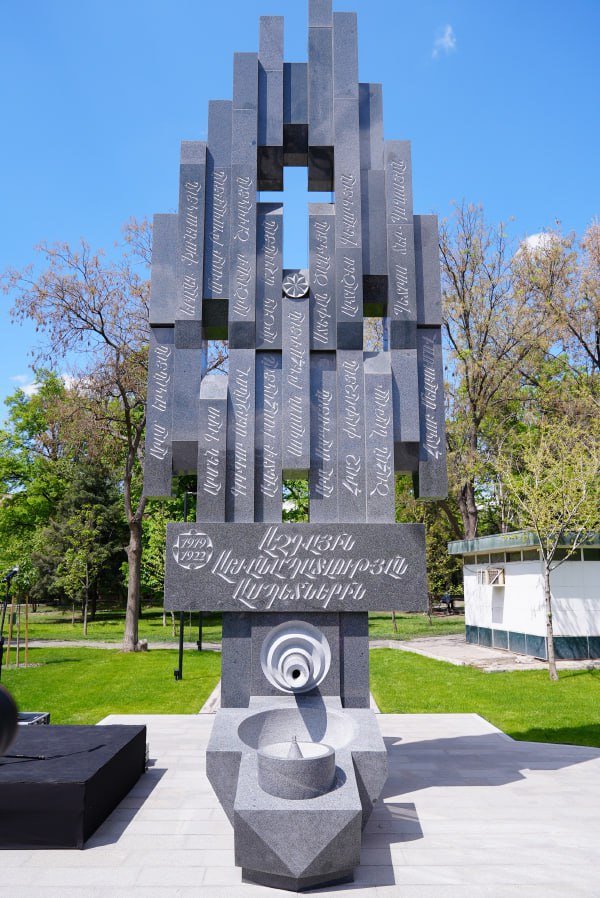 THE ROOTS OF “NEMESIS” AND THE BACKGROUND OF RADICAL ARMENIAN NATIONALIST TERRORISM
THE ROOTS OF “NEMESIS” AND THE BACKGROUND OF RADICAL ARMENIAN NATIONALIST TERRORISM
AVİM 11.05.2023 -
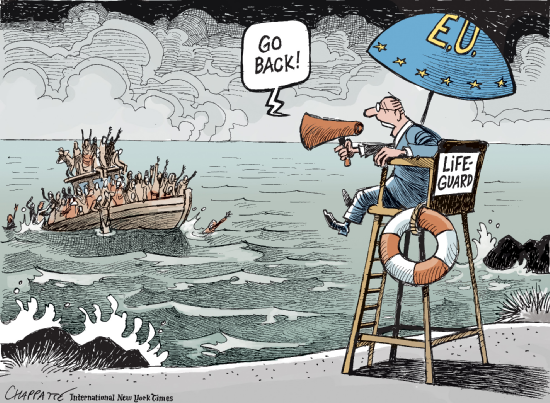 HOW DOES VON DER LEYEN'S DESCRIPTION OF “EUROPEAN WAY OF LIFE” COMPLY WITH EUROPEAN VALUES?
HOW DOES VON DER LEYEN'S DESCRIPTION OF “EUROPEAN WAY OF LIFE” COMPLY WITH EUROPEAN VALUES?
AVİM 30.09.2019 -
DIASPORA ARMENIANS AND THEIR INITIATIVES FOR COMPENSATION: THE REFLECTIONS OF THE MOVSESIAN CASE
AVİM 12.02.2012 -
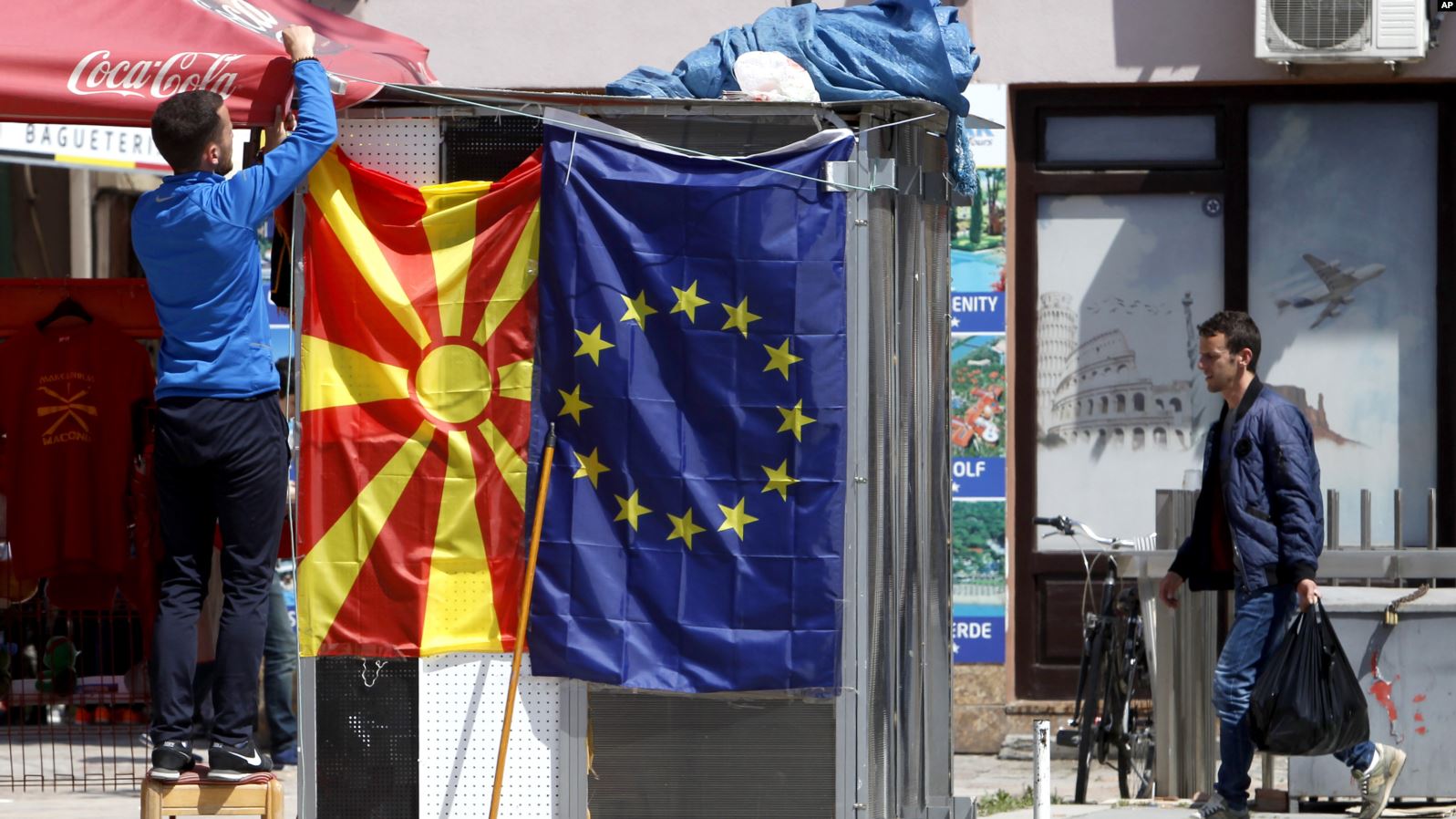 THE NORTH MACEDONIA-BULGARIA DISPUTE AND THE CONFUSING WAY EU DEALS WITH CHALLENGES
THE NORTH MACEDONIA-BULGARIA DISPUTE AND THE CONFUSING WAY EU DEALS WITH CHALLENGES
AVİM 12.01.2021 -
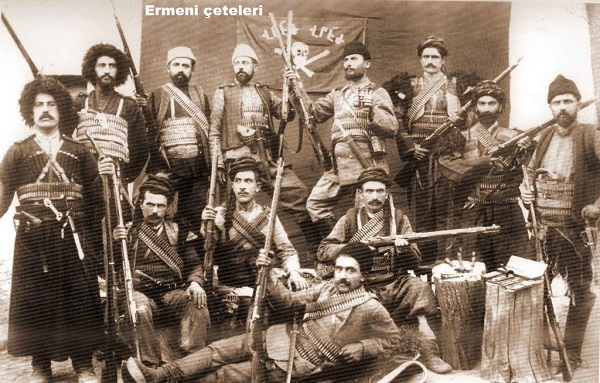 DASHNAK FEDAIS: HEROES OR CALAMITIES OF THE ARMENIAN PEOPLE?
DASHNAK FEDAIS: HEROES OR CALAMITIES OF THE ARMENIAN PEOPLE?
AVİM 20.12.2019
-
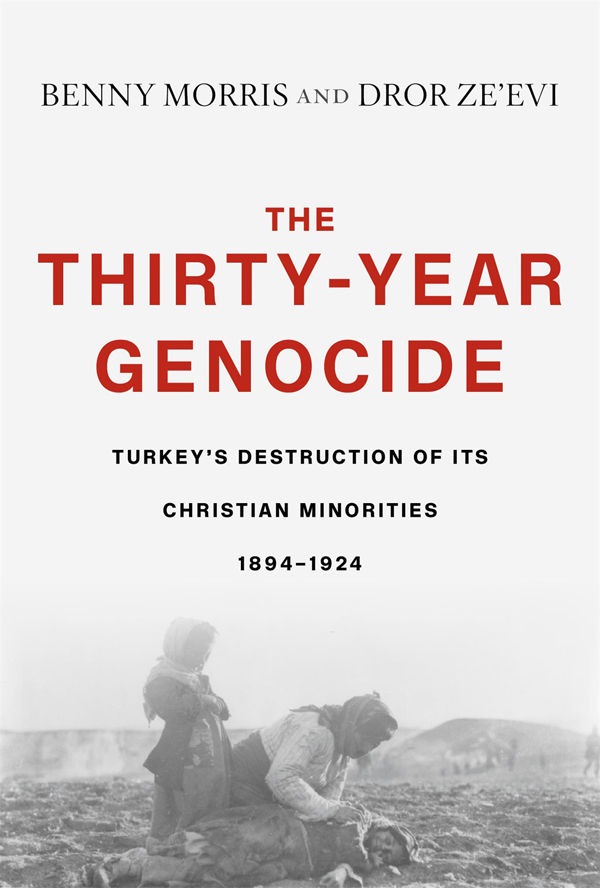 BOOK REVIEW: THE THIRTY-YEAR GENOCIDE
BOOK REVIEW: THE THIRTY-YEAR GENOCIDE
AVİM 21.08.2019 -
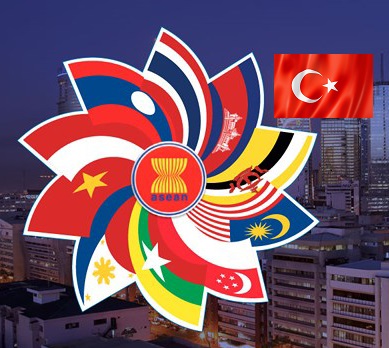 PROSPECTS FOR EXPANDING TURKEY-ASEAN RELATIONS
PROSPECTS FOR EXPANDING TURKEY-ASEAN RELATIONS
Teoman Ertuğrul TULUN 10.08.2018 -
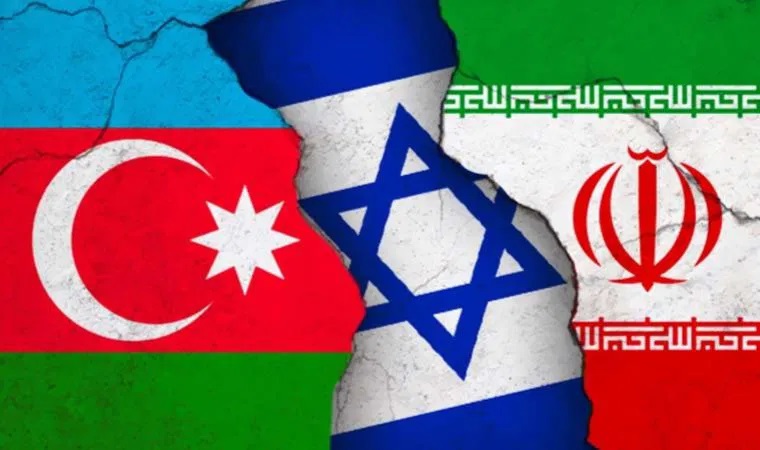 OVERLAPPING INTERESTS IN THE SOUTH CAUCASUS: THE AZERBAIJAN, ISRAEL AND IRAN TRIANGLE
OVERLAPPING INTERESTS IN THE SOUTH CAUCASUS: THE AZERBAIJAN, ISRAEL AND IRAN TRIANGLE
İlaha KHANTAMİROVA 29.05.2025 -
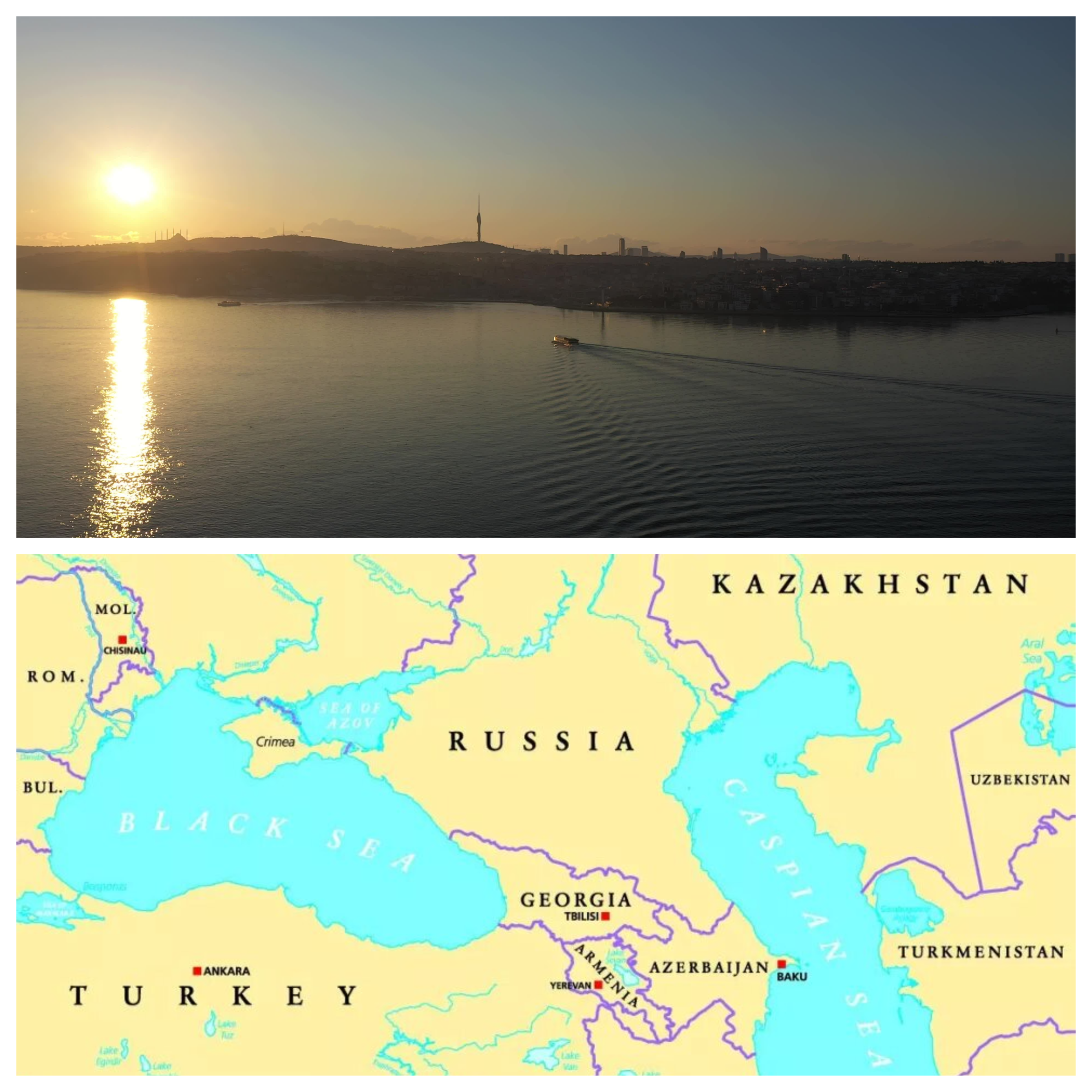 AT THE CROSSROADS: TÜRKİYE AND THE BATTLE FOR BLACK SEA ORDER
AT THE CROSSROADS: TÜRKİYE AND THE BATTLE FOR BLACK SEA ORDER
Teoman Ertuğrul TULUN 21.10.2025 -
 THE FOUNDATIONAL PILLARS OF STABILITY IN THE BLACK SEA
THE FOUNDATIONAL PILLARS OF STABILITY IN THE BLACK SEA
Teoman Ertuğrul TULUN 16.04.2025
-
25.01.2016
THE ARMENIAN QUESTION - BASIC KNOWLEDGE AND DOCUMENTATION -
12.06.2024
THE TRUTH WILL OUT -
27.03.2023
RADİKAL ERMENİ UNSURLARCA GERÇEKLEŞTİRİLEN MEZALİMLER VE VANDALİZM -
17.03.2023
PATRIOTISM PERVERTED -
23.02.2023
MEN ARE LIKE THAT -
03.02.2023
BAKÜ-TİFLİS-CEYHAN BORU HATTININ YAŞANAN TARİHİ -
16.12.2022
INTERNATIONAL SCHOLARS ON THE EVENTS OF 1915 -
07.12.2022
FAKE PHOTOS AND THE ARMENIAN PROPAGANDA -
07.12.2022
ERMENİ PROPAGANDASI VE SAHTE RESİMLER -
01.01.2022
A Letter From Japan - Strategically Mum: The Silence of the Armenians -
01.01.2022
Japonya'dan Bir Mektup - Stratejik Suskunluk: Ermenilerin Sessizliği -
03.06.2020
Anastas Mikoyan: Confessions of an Armenian Bolshevik -
08.04.2020
Sovyet Sonrası Ukrayna’da Devlet, Toplum ve Siyaset - Değişen Dinamikler, Dönüşen Kimlikler -
12.06.2018
Ermeni Sorunuyla İlgili İngiliz Belgeleri (1912-1923) - British Documents on Armenian Question (1912-1923) -
02.12.2016
Turkish-Russian Academics: A Historical Study on the Caucasus -
01.07.2016
Gürcistan'daki Müslüman Topluluklar: Azınlık Hakları, Kimlik, Siyaset -
10.03.2016
Armenian Diaspora: Diaspora, State and the Imagination of the Republic of Armenia -
24.01.2016
ERMENİ SORUNU - TEMEL BİLGİ VE BELGELER (2. BASKI)
-
AVİM Conference Hall 24.01.2023
CONFERENCE TITLED “HUNGARY’S PERSPECTIVES ON THE TURKIC WORLD"









